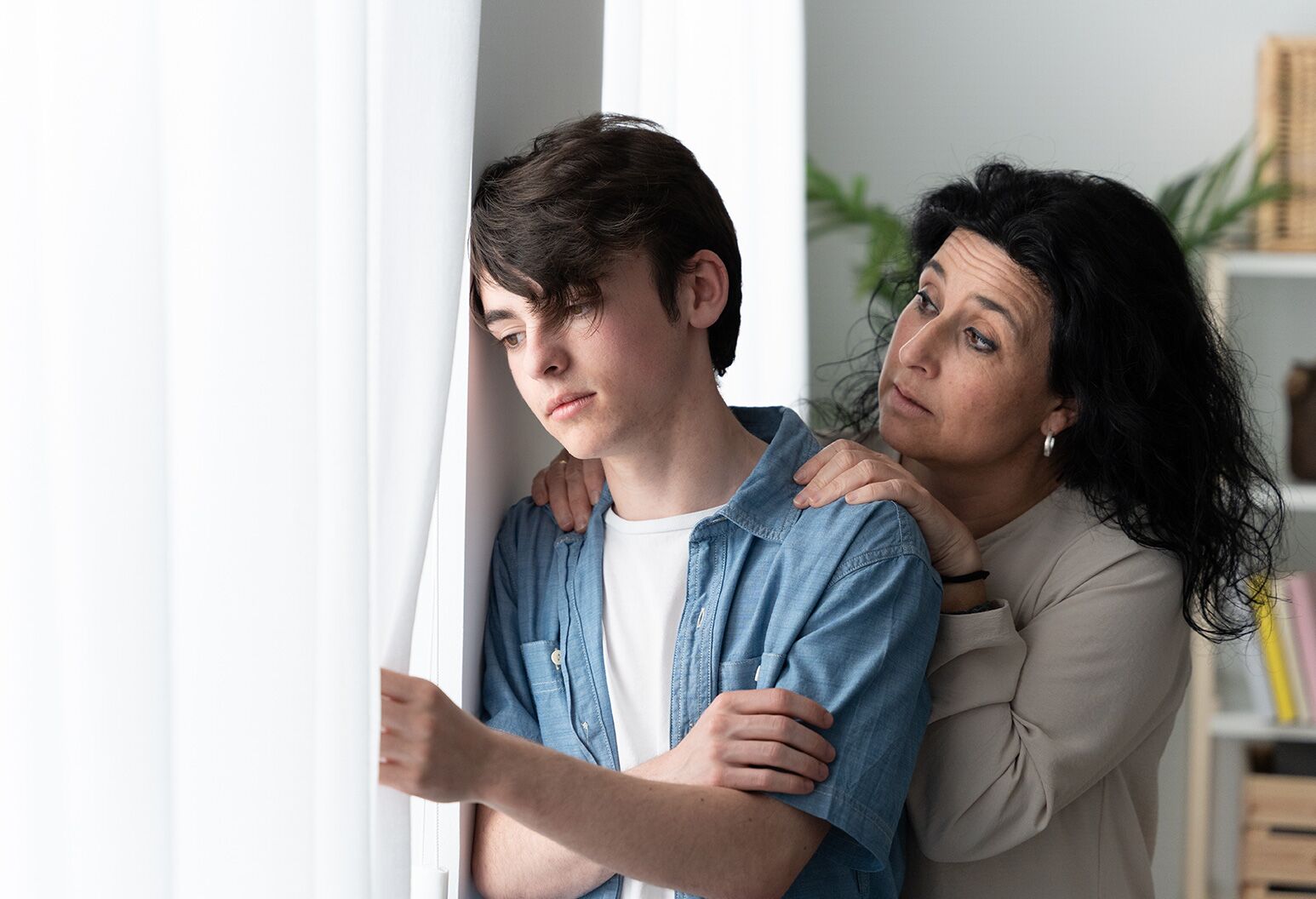emotional wellness
Why Did I Lose My Cool? A Therapist Explains

A psychologist breaks down what parents need to know about the connection between anxiety and drug use.
3 min read
I found marijuana in my 15-year-old son’s room. When I confronted him, he said he only smokes a little to help him sleep and ease his anxiety. Do I need to get him into therapy to stop him from self-medicating—or am I overreacting?
Sincerely,
“Marijuana Mom”
The short answer to both questions is “probably not.” Sometimes teens do need to be treated for anxiety. But what I’m seeing more often in teens and young adults is a low tolerance for any type of aversive emotion, and that can be problematic.
Teens are dealing with a lot of social isolation and anxiety when it comes to interacting with other teens. The use of electronic devices has really added to that. When all it requires is the bare minimum of effort to communicate with your peers through texting or social media, socializing in person becomes much more uncomfortable.
Parents—though well-intentioned—sometimes lay the groundwork for their teens’ intolerance for discomfort by trying too hard to protect them from those “bad” feelings as kids. Anxiety is actually our emotional system working. We might feel anxious because there’s a social threat, or we may not be doing well in school. Paying attention to that anxiety can be useful, and teaching teens that anxiety must be avoided at all costs can backfire.
There are teens who are self-medicating with marijuana, alcohol, or other recreational drugs because they’re anxious. There are also teens who are anxious because of substance use and its effect on the nervous system, including “hangxiety” (hangover anxiety) and sleep deprivation.
The legalization of marijuana in many states has led to a false perception that it’s not harmful. Kids also take in their parents’ behavior and learn from it. If you’re a parent who comes home each evening and pours a drink to decompress, that one nightly drink isn’t necessarily a concerning amount. However, consistently showing your child that alcohol is the solution to stress may be sending the wrong message.
Social media often promotes the message that if a teen is having anxiety, there’s something wrong with them and they need professional help. What they actually need are skills to help regulate their emotions as opposed to labeling those emotions as abnormal or unhealthy.
One way parents can help is by modeling healthy coping strategies. Talk about your own feelings and show your children that emotions aren’t our enemy. We can feel sad, nervous, or scared and still do things like go to school or work or see a friend. Even if emotions make us uncomfortable, we can tolerate them.
Another strategy to model is basic self-care—behaviors like regular sleep times, eating regularly throughout the day, and getting exercise or fresh air. If there’s an activity your teen can do well and take pride in, such as sports, music, art, or academics, that feeling of mastery is hugely important in helping them absorb other stressors and develop greater resiliency.
The Well is Northwell Health’s commitment to the future of health care. In this time of information overabundance, much of which is inaccurate, unhelpful, or even difficult to understand, Northwell Health is on a mission to make a difference as an honest, trusted, and caring partner. The site connects with consumers to provide them with personalized content that reduces their stress, makes them laugh, and ultimately feel more confident and capable on their healthcare journey.